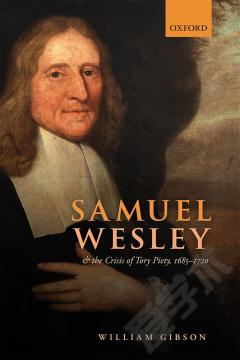Samuel Johnson and the Art of Sinking 1709-1791
Johnson's centrality in the late eighteenth century makes his fretfulness about the social and aesthetic boundaries of writing especially fertile and influential. This book suggests that literary taxonomies, inventories, and canons simultaneously construct and reject a hierarchy of ethical as well as aesthetic values, and examines how figures of cultural authority conceive of their relationships to and with the margins of writing and of society.
{{comment.content}}








 京公网安备 11010802027623号
京公网安备 11010802027623号